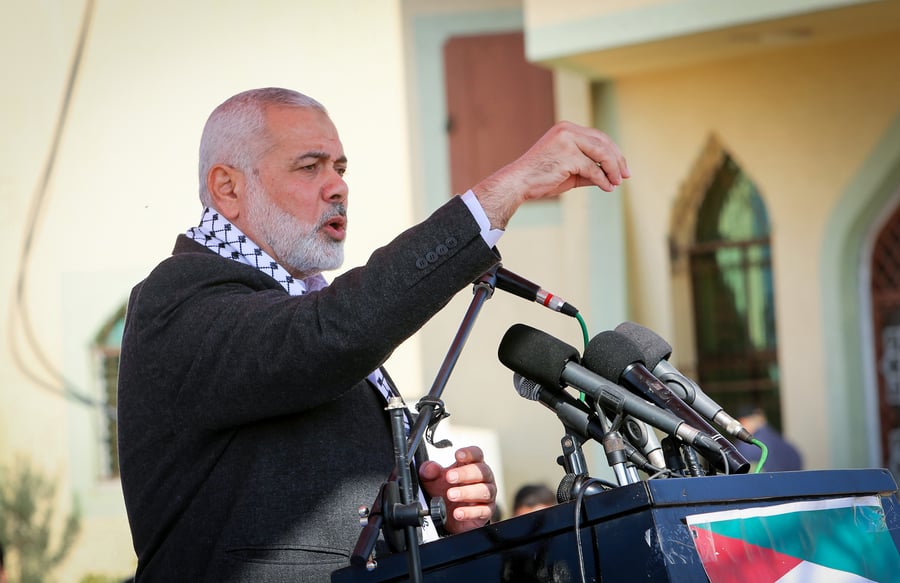
The device, concealed around two months prior, detonated remotely when Haniyeh was confirmed to be in his room, killing him and a bodyguard. The guesthouse, part of a large compound known as Neshat in northern Tehran, is managed and protected by the Islamic Revolutionary Guards Corps.
According to telegraph reports, Mossad spy agents are suspected of using Irans revolutionary guards to plant the explosive devices in the room that Haniyeh was staying. Such reports also state that explosives were planted by agents in 3 different rooms and that the bombs were detonated remotely, meaning that those responsible have likely already left Iran.
The explosion caused significant damage, including shattered windows and a partial collapse of an exterior wall. Haniyeh had frequently stayed at the guesthouse during visits to Tehran, including this time for the presidential inauguration. The incident has raised concerns of escalating violence in the Middle East and jeopardized ongoing cease-fire negotiations for Gaza.
Both Iranian and Hamas officials, along with several U.S. officials, have attributed the assassination to Israel, though Israel has not publicly confirmed responsibility. Israeli intelligence reportedly briefed Western governments about the operation shortly after it occurred. Speculation initially suggested a missile strike might have been used, similar to a previous attack in Isfahan, but it was later revealed that a security lapse allowed the bomb to be planted and remain hidden for weeks.
The breach represents a major failure in Iranian security and intelligence, with the exact method of planting the bomb still unclear. The assassination's planning involved months of surveillance and has caused significant embarrassment for the Revolutionary Guards, who use the compound for high-profile visits and secret meetings.



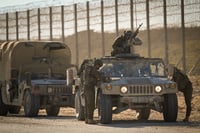
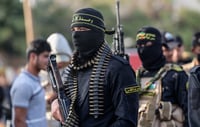
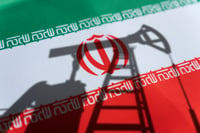
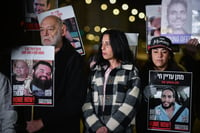

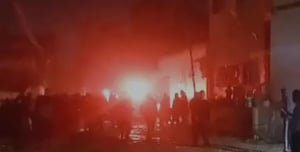
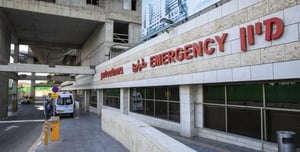


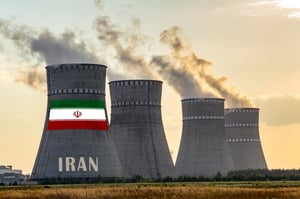

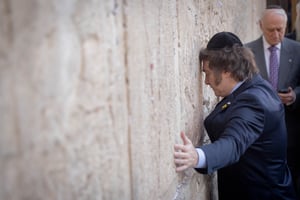
0 Comments